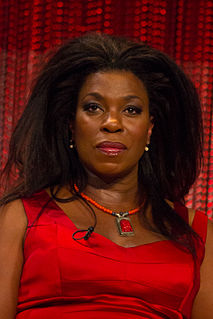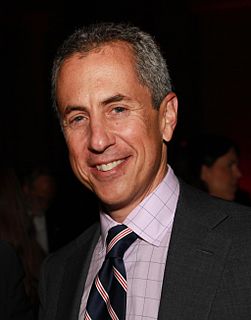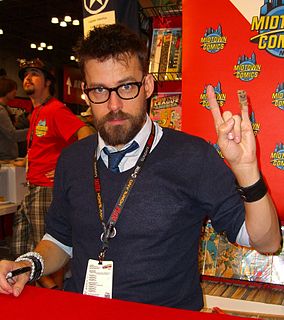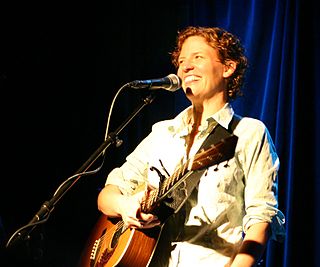A Quote by Annabelle Selldorf
I always tend to think, even in residential projects, about what a space is being asked to do - where is it located, what are the circumstances, where can I attack the problem, so to speak. How can you create a narrative for people moving through it? How can you convey its character?
Related Quotes
Stage is so important because it teaches me how to convey character with words - how to convey how a character reacts by the way they appear on stage. I can usually tell a playwright from someone who has never written for the stage. Did the character work? Did the dialogue reveal who the character is?
Companies tend not to recognize that the way global projects have to be organized and run is fundamentally different from how co-located projects are managed. Everything is different in global projects from the need for organizational stability, a shared strategic context driving the project, the building of a competence in dispersed working, greater focus on planning the project to the need for trust between sites. Yet, most firms merely transfer their co-located best practice to a global arena. This will inevitably result in problems, delays and cost overruns.
To spend any time with someone who is among the top five film composers of the last 50 years is pure gold dust. I mean, not necessarily stylistically, because everyone is different in what their music sounds like, but the approach and how to look at a film, how to think about a film, how to decide what you want to do, how to think about characters, how to think about art, how to think about narrative, how to liaise with producers, how to liaise with directors.
Essentially what's going to determine how you succeed in New York is how people feel about the space, how delicious the food is, how they perceive the value and, most important of all, how they feel treated. My understanding is Stephen Starr is exceptionally good at all of this and his ability to create a transporting experience.
You're in a movie, so you have to think about how something plays. It's not like you're thinking about how an audience is going to react. You're trying to present the story. You're trying to illuminate the lives of these people in the story. So I'm thinking about how my behavior as this character best illuminates what's going on with them in this moment in time. I always say it's sort of the director's job. People think that the directors direct actors. No. Really, what the director's doing is directing the audience's eye through the film.
I'm such a believer in going to set, even when you're not work because I think the best things to be learned, you don't necessarily get from your own scene or from someone speaking to you and telling you advice. I think it's all about watching and just taking it all in. It's not even when the cameras are rolling, necessarily. You can see how they interact with the rest of the crew, and how they deal with being a character and then being themselves.
I think writing comics is predicated on being a fan - there's no either/or. I'd argue I'm an even bigger fan now than when I started because I know how the hot dogs get made. And I kinda always saw the moving parts. I think I appreciate the good ones more now that I realize how lousy the production process can be, how hard it can be, and how easily something good can get crushed in its cogs.
For queer people, the personal is very political, just to talk about it in a public space. It's very political just to come out and take up that space and be like, 'This is my narrative. It's not an outsider narrative, and it's not a fetish narrative; it's just my story, and it's worth being told and listened to.'
Y'know, I think, inherently, when you hear something like a teenage narrative come into play, even the idea that it's being called 'teenage' is a notion that it's being reduced to a problem that's not quite adult. That's a problematic thing to say about a narrative that could actually be dangerous, could be hurtful, could be upsetting.
I want to convey that there is hope? that we're a world that is in turmoil but there is hope. I'm always amazed at how much love is in people's hearts even when they disagree about things. I think it's important for people to come together in music. It reminds me of the Margaret Mead saying, 'Never believe that a few caring people can't change the world. ' I think that's really true.








































